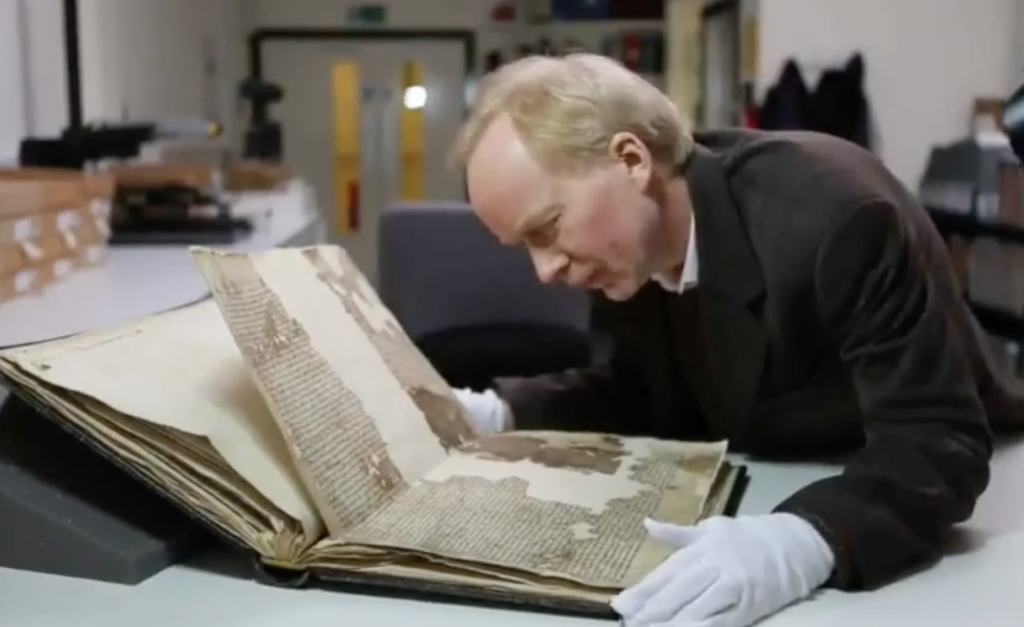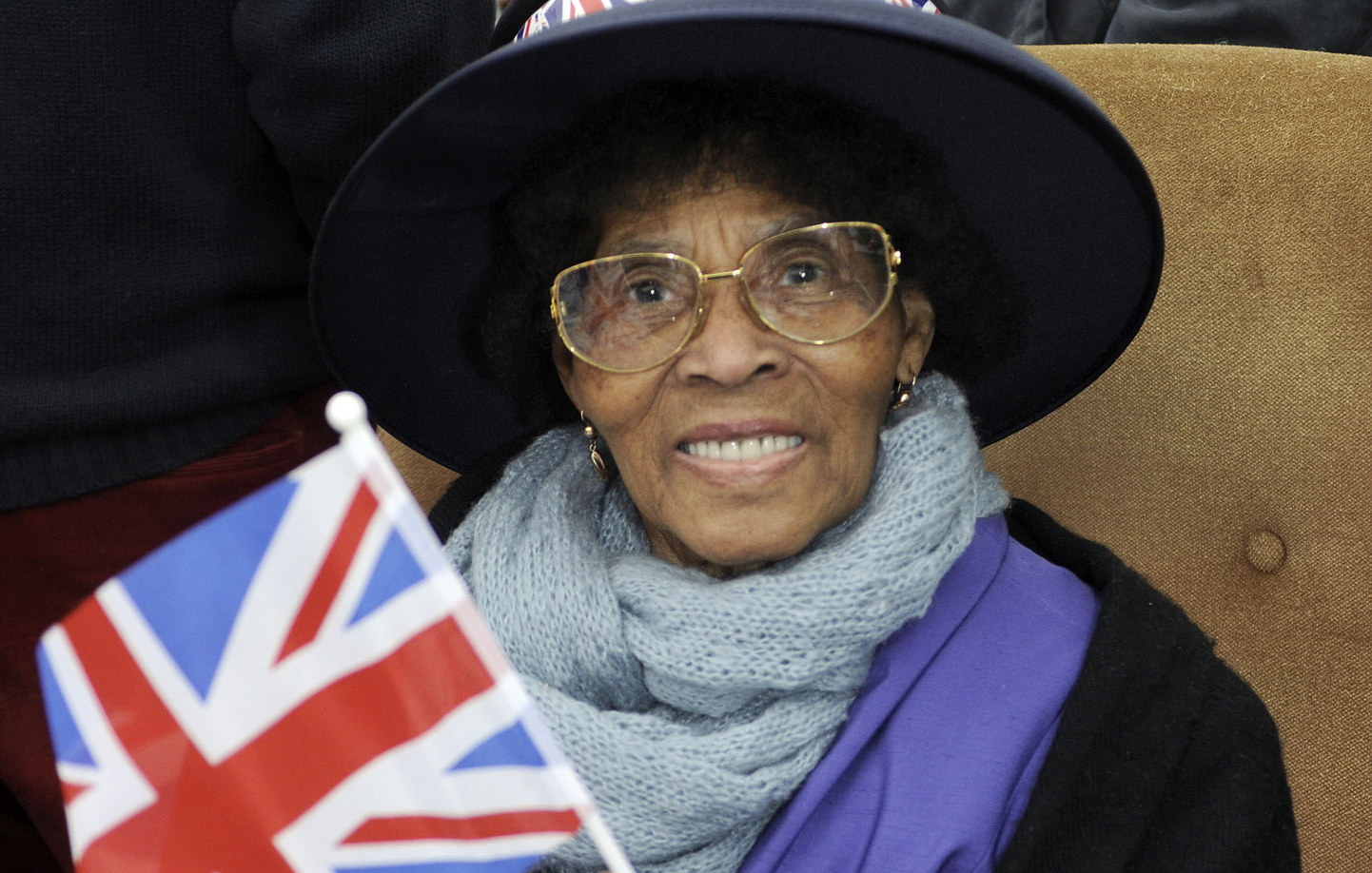British people have always valued their human rights, as well as sharing them with the rest of the world.
Our strong human rights history has hugely impacted other countries across the globe and it’s vital we keep leading the way. Here are just a few examples…
Magna Carta
 A copy of Magna Carta discovered in Sandwich is inspected. Image Credit: Jem Collins / KMTV
A copy of Magna Carta discovered in Sandwich is inspected. Image Credit: Jem Collins / KMTV
Way back in 1215, Magna Carta was one of the first documents to grant rights to citizens and restrict the King’s hefty powers. It also implicitly supported habeas corpus – the idea that someone can’t be kept in prison unless they’ve appeared in a court of law first, who will decide whether or not that should be held there.
There are only a few provisions still in force in the UK and some scholars dispute its actual influence. But, the Magna Carta is said to be “as influential for what it was widely believed to have said as for what it actually did”.
Between 1836 and 1943, sixteen American states incorporated all of the Magna Carta into their law and twenty-five more incorporated, in some way, the provision that:
No person shall be deprived of life, liberty, or property, without due process of law.
It’s so important that images of King John sealing the Charter appear on the door of the United States Supreme Court Building.
Habeas Corpus Act 1679
 Image Credit: Christopher Windus / Unsplash
Image Credit: Christopher Windus / Unsplash
Habeas corpus, known as “the most celebrated writ in the English law”, is a demand that a person in state custody must be taken before a court and the state required to prove the detention is legal. The Habeas Corpus Act 1679 codified the law, but its origin can be traced back at least four hundred years prior to that.
We exported this right to challenge detention all over the world. Many Commonwealth countries inherited the concept from England. In France, Germany, Italy, Malaysia, the Philippines (although it was recently suspended), constitutions provide similar guarantees. In Spanish-speaking regions, it’s known as amparo de libertad (protection of freedom) and Poland calls it neminem captivabimus nisi iure victum (we will not imprison anyone except if convicted by law).
Although specifically guaranteed by name in the US Constitution, the US tried to remove Guantanamo Bay from the scope of habeas corpus, but the Supreme Court said that the right could not be disapplied at will.
The Human Rights Convention

Image Credit: Free-Photos / Pixabay:
British diplomats, lawyers, and politicians made an important contribution to drafting the Human Rights Convention, and the UK was one of the first to ratify the Convention, formally adopting it into domestic law in 1998. In fact, it was British Conservative politician David Maxwell-Fyfe argued for an enforceable convention.
The Convention became the first regional protection for human rights and this example led to the American Convention on Human Rights in 1969 and the African Charter on Human and Peoples’ Rights in 1981. However, there are currently no regional human rights agreements for Asia or Oceania.
Ending Slavery

Image Credit: Conger Design / Pixabay
While Britain may not have the proudest history regarding slavery, it was the power of the English common law freed slaves in England. In 1706, the court ruled that a man could not have property in another and that there was no such thing as a slave by the law of England. Then, in 1772, the English court said that slavery was ‘odious’ and declared that a slave couldn’t be removed from England against his will.
But it wasn’t until the Slave Trade Act 1807 that Parliament got around to abolishing the slave trade and it was still longer until of the British Empire abolished slavery by the Slavery Abolition Act 1833. The UK is still doing its parts to fight against slavery with the Modern Slavery Act 2015.
The UK again led the way on ending slavery. France didn’t stop slavery until 1848. It wasn’t until 1862 that President Lincoln issued the Emancipation Proclamation, which freed slaves held in the Confederate States. And only in 1865 did Thirteenth Amendment to the US Constitution prohibit most forms of slavery throughout the country.
We can all be proud of the UK’s great endeavours towards ensuring human rights. It is so important for everyone to continue the tradition of sharing our values with the whole world.
This piece is part of our #FightHateWithRights series and made possible by you through our crowd funder. The documentary, which will be launched on November 16, tells the story of three survivors of genocide.
Featured Image: Hammersmith and Fulham Council / Flickr
EDITOR’S NOTE: Article amended on 3 July 2019 to reflect that UK Slave Trade Act was passed in 1807, not 1908. Slavery was also abolished in France 1848, not 1794.







